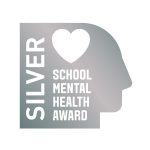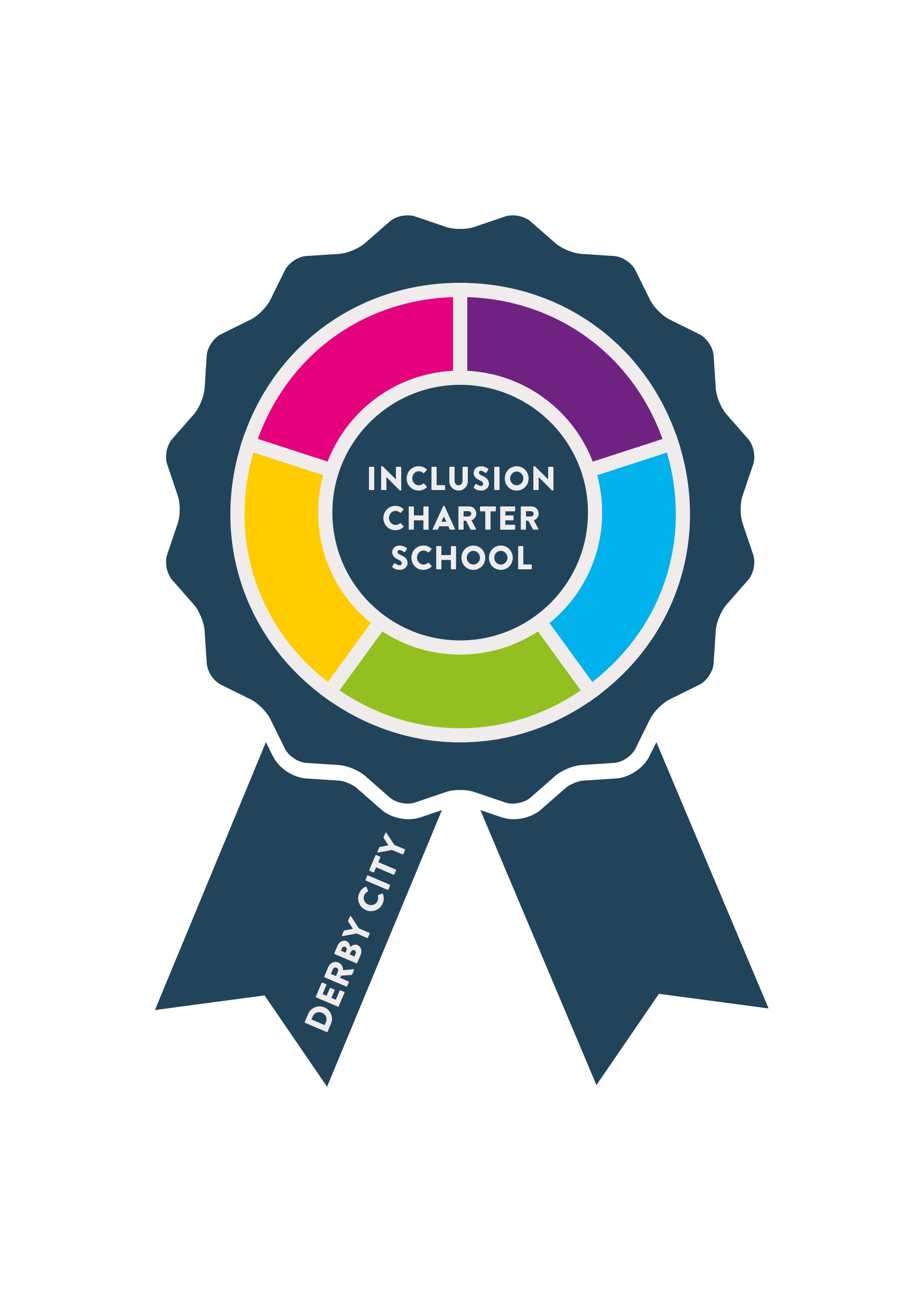When children study R.E, they develop knowledge of the world faiths, and their understanding and awareness of the beliefs, values and traditions of other individuals, societies, communities and cultures.
Pupils are encouraged to ask questions about the world and to reflect on their own beliefs, values and experiences.
For more information about the intent, implementation and impact of R.E within our Primary Curriculum please select ‘Further Information’ for linked documents.
Intent
At Newton’s Walk, we believe that it is vital for all our pupils to learn from and about religion, so that they can understand the world around them. Through Religious Education, pupils develop knowledge of the world faiths, and their understanding and awareness of the beliefs, values and traditions of other individuals, societies, communities and cultures. We encourage our pupils to ask questions about the world and to reflect on their own beliefs, values and experiences. Our Religious Education curriculum is enhanced further with trips to places of worship in our local area, workshops and visitors in school.
Impact
The children enjoy learning about other religions and why people choose, or choose not to follow a religion. To extend their knowledge and understanding of religions and beliefs. To develop a religious vocabulary and interpret religious symbolism in a variety of forms. Through their R.E. learning, visits and workshops, the children are able to make links between their own lives and those of others in their community and in the wider world, developing an understanding of other people’s cultures and ways of life.
Implementation
The following religions have been selected for study:
- Christianity
- Islam
- Judaism
- Hinduism
- Buddhism
- Sikhism
Pupils are given the opportunity to visit places of worship in their local community. These include visits to a church, a mosque, a gurdwara and a synagogue. Trips, workshops, visitors and assemblies are essential to help to embed subject specific vocabulary in an environment outside the classroom and help pupils develop a deeper conceptual understanding of religion and their communities, so they are treated with respect and sensitivity.
Cultural Capital
Pupils need to be exposed to and celebrate different religions and traditions around the world to help develop their cultural capital, focusing on social, moral, spiritual, cultural and personal development. In order to achieve this, we will continue to enhance the RE curriculum with exciting and informative visits and encourage visitors in to school.


